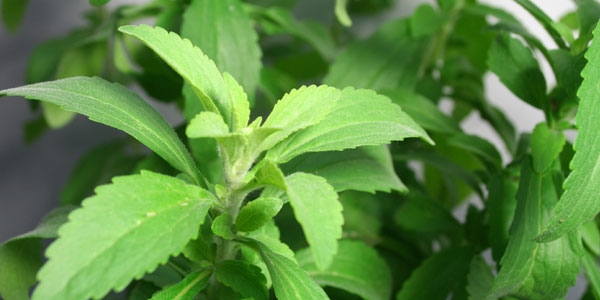Recent research has shown
that artificial sweeteners can increase your risk of diabetes by “driv[ing] the
development of glucose intolerance through induction of compositional and
functional alterations to the intestinal microbiota.”[1]
In other words, they disrupt the natural, healthy flora found in your
intestines. As gluten intolerance becomes more and more prevalent in today’s
society, it’s important to know exactly what it is: it’s a “condition in which
your body loses its ability to cope with high amounts of sugar, and it’s a
well-known precursor to type 2 diabetes.”[2]
Not only is diabetes a concern with glucose intolerance; the excess sugar in
your body ends up being stored in fat cells, which can lead to obesity.
How strange is it that the
same recommendations you may receive from a doctor or may choose to implement
on your own to be healthier can
actually harm you? Did you believe that drinking diet soda or switching to diet
foods would ultimately help you lose weight? Think again! According to Dr.
Mercola, an alternative medicine proponent and physician, “those who switch to
artificial sweeteners are typically carrying extra pounds and/or are diabetic.
Most are unaware that this may be the absolute worst diet change they could
implement.”[3]
Artificial sweeteners that are used in low-calorie food or drink options
actually stimulate appetite and cause cravings, promote insulin resistance (and
diabetes) and even stimulate fat storage. That seems counter-productive,
doesn’t it?
Think about it this way: for
decades, research has shown a correlation between eating something sweet and
craving carbs and an increase in hunger. Artificial sweeteners trick your mind
into thinking that it’s going to receive calories through sugar, but in
addition to this, the artificial kind alters your gut’s natural functions. In
2011, at the American Diabetes Association’s Scientific Sessions,
epidemiologists showed data that demonstrated that “diet soft drink consumption
is associated with increased waist circumference in humans, and a second study
found aspartame raised fasting glucose (blood sugar) in diabetes-prone mice.”[4]
 Now you’re probably
wondering if there are any safe, healthy (or at least not health-threatening)
alternatives to sugar. First, I recommend intermittent fasting, the many
benefits of which I discussed in an earlier blog post. This can help you shake
your sugar cravings—just be sure that you’re getting enough healthy fats (e.g.
avocados, nuts, olives and olive oil, salmon, etc.). If you get those cravings
under control but find yourself still wanting a bit of sweetener every so
often, you can try Stevia (pictured below) or Luo Han Guo (pictured to the right). Both of these come from plants, so,
as you can imagine, are not detrimental to your health like the other,
chemical-based sweeteners.
Now you’re probably
wondering if there are any safe, healthy (or at least not health-threatening)
alternatives to sugar. First, I recommend intermittent fasting, the many
benefits of which I discussed in an earlier blog post. This can help you shake
your sugar cravings—just be sure that you’re getting enough healthy fats (e.g.
avocados, nuts, olives and olive oil, salmon, etc.). If you get those cravings
under control but find yourself still wanting a bit of sweetener every so
often, you can try Stevia (pictured below) or Luo Han Guo (pictured to the right). Both of these come from plants, so,
as you can imagine, are not detrimental to your health like the other,
chemical-based sweeteners.
Working
to restore GOD's perfect design in you!
[1] Mercola.
“Artificial Sweeteners Raise Your Risk of Diabetes by Altering Your Gut
Microbiome.” October 1, 2014. From Articles.Mercola.com; Nature September 17, 2014 [Epub ahead of print]
[2] Mercola.
“Artificial Sweeteners Raise Your Risk of Diabetes by Altering Your Gut
Microbiome.” October 1, 2014. From Articles.Mercola.com.
[3] Id.



No comments:
Post a Comment